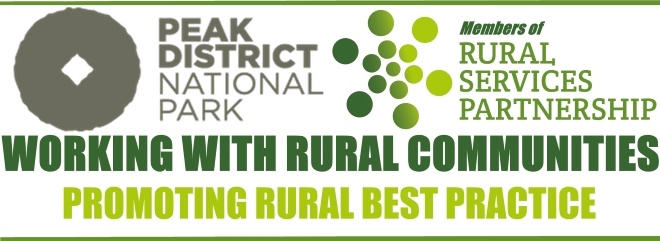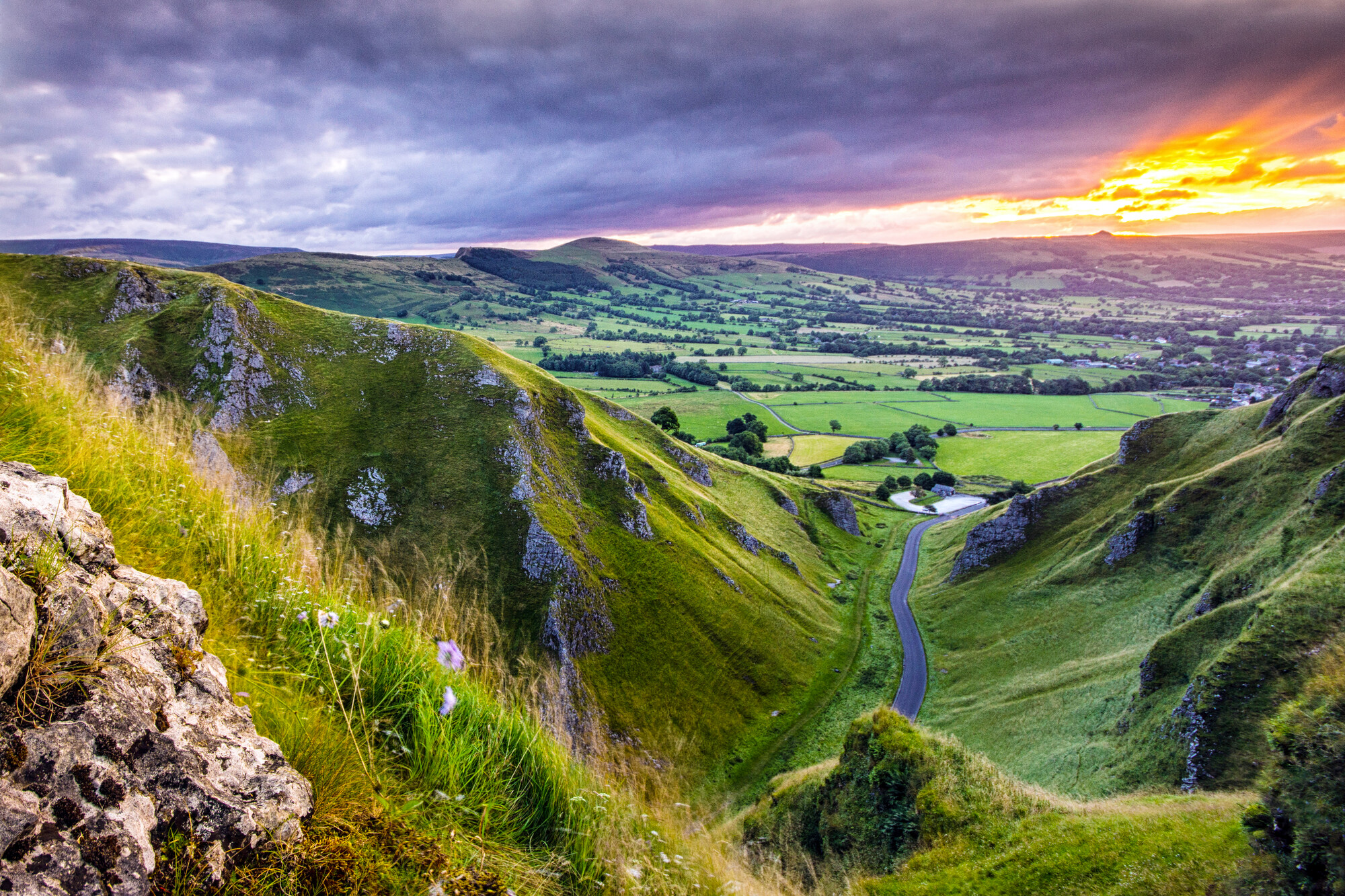T: 01822 851370 E: [email protected]
Visit RSN Survey about life in rural England to find out more.
Peak District National Park Is Pioneering In The Race To Zero

The Peak District National Park is joining other UK national parks to become the first national parks in the world to sign up to the UN-backed Race to Zero pledge.
Race to Zero is a global campaign rallying organisations and individuals to take rigorous and immediate action to halve global emissions by 2030 and deliver a healthier, fairer, net zero world.
The Peak District, will join the pioneering initiative to reduce ‘greenhouse gas’ emissions from all national parks in the UK and contribute to the global efforts to halve the release of carbon dioxide by 2030 and become significant carbon sinks by 2050.
Nationally, across the 15 national parks, the transition will involve bringing more land, covering a total area four times the size of London (610,000 hectares), into nature-friendly management while also leading significant increases in the use of sustainable travel, renewable energy and sustainably-produced food.
A new report recently published by Small World Consulting and led by world-leading carbon footprinting expert Mike Berners-Lee, details the current carbon footprint of the UK’s 15 National Parks landscapes and lays out an evidenced path to make the National Parks into net carbon sinks.
This means national parks transitioning from emitting around 11.5 million tonnes of harmful greenhouses gases per year – primarily from energy consumption, visitor travel and agriculture in 2022, to 'soaking up’ roughly 3.5 million tonnes instead by 2050 (absorbing around the same amount of carbon currently emitted by the city of Leeds per year.)
By supporting this path, the UK’s National Parks will actively drive towards net zero landscapes by around 2040, meeting the central ambition of the Race to Zero initiative (global net zero emissions by 2050) a decade ‘early’, and becoming significant sources of carbon capture after that point.
This net zero pathway will involve:
- Restoring 168,000 hectares of damaged peatland (7% of all land area within the National Parks).
- Introducing regenerative agriculture practices to 224,000 hectares of land (10% of all land area within the National Parks).
- Creating 218,400 hectares of new woodland (9% of all land area within the National Parks).
The report also shows that changes to reach net zero can deliver a wide range of environmental, economic and social benefits including:
- increased biodiversity;
- increased resilience to the effects of flooding, heatwaves and droughts brought about by climate change,
- increased recreational value in landscapes to offer new sustainable employment opportunities;
- increased inward investment to support sustainable livelihoods for rural communities;
supporting healthier communities and better air quality.
 Winnats Pass, Castleton - credit Phil Sproson |
In the Peak District, the National Park Authority is committed to becoming a beacon for a sustainable future to help meet the UK’s climate change commitments through its work in supporting thriving rural communities and opportunities for sustainable livelihoods, helping to restore biodiversity, increasing resilience to the effects of climate change, and improving food security.
Phil Mulligan, chief executive for the Peak District National Park, said:
“We believe changes to reach net zero can deliver environmental, economic and social benefits. We see this in the impacts of what we are already doing across a wide range of projects throughout the Peak District – including the work of the Moors for the Future Partnership and the Farming in Protected Landscapes programme – which support the changes needed to reach net zero and deliver the accompanying benefits.
“It’s about nature-friendly land management, restoring peatland, creating woodland, to help the land capture and retain carbon to become a significant ‘carbon sink’. It’s about encouraging food to be produced and consumed locally, reducing emissions from transport, buildings and industry, and promoting sustainable travel to, from and within the National Park to reduce carbon emissions.
“We are committed to stepping up and doing everything we can to increase the positive effects of our work and encourage our partners through the National Park Management Plan to work together to ensure a sustainable future for this protected landscape.”
Amongst many Peak District initiatives, two are highlighted as exemplary projects: Moors for the Future Partnership – working for more than twenty years to restore peatland in the Peak District and South Pennines; and the Peak Carbon Tool – an example of climate science and modelling in action that enables farmers and land managers to calculate emissions from farming activities, and the rate of sequestration and stored carbon in the soils and vegetation at a landscape scale.
Mary Creagh, Minister for Nature, said:
“The nature and climate crises go hand-in-hand. We live in one of the most nature depleted countries in the world, which makes the tasks of conserving and restoring our valuable nature areas all the more urgent.
“Initiatives like this show international leadership from the UK’s National Parks. Protected Landscapes will help us to reach our net zero goals by protecting nature’s carbon sinks, such as peatlands and woodlands, as well as breathing new life into beautiful places where people can connect with nature.
“This new Government is committed to supporting Protected Landscapes to boost nature’s contribution to achieving net zero by expanding and restoring wildlife-rich habitats including wetlands, peat bogs and forests.”



